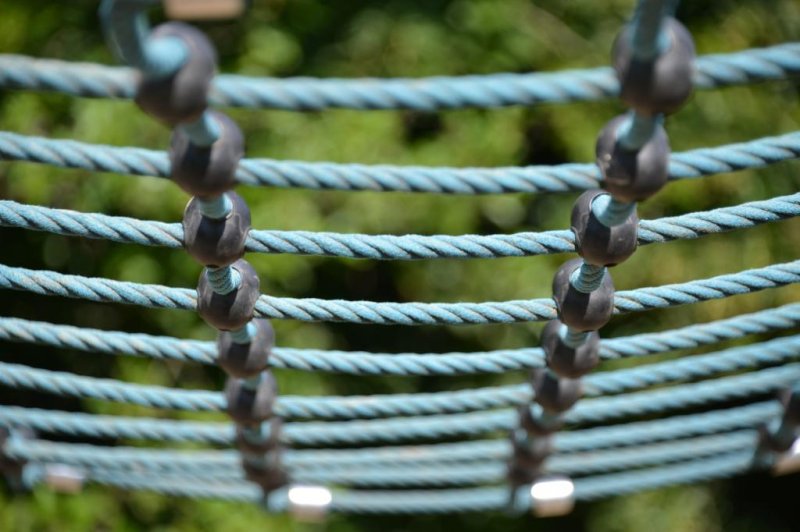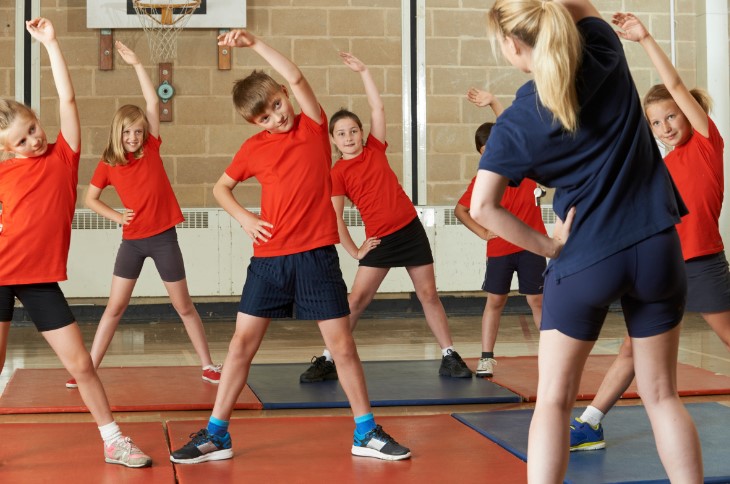Physical education classes can help schoolkids in other areas, analysis finds
Physical education classes may boost intellectual and academic performance in schoolchildren, a new study has found. Photo by Michael Schwarzenberger/Pixabay
June 29 (UPI) — Enhanced physical education classes in school boost children’s brainpower and academic performance, particularly in math, according to an analysis published Tuesday by the British Journal of Sports Medicine.
Students at schools in which physical education classes were taught by dedicated teachers and included intellectually challenging activities had evidence of improved cognitive and academic performance based on standardized test scores and grades, among other measures, the data showed.
However, the analysis also revealed that students ages 5 to 18 gained little benefit from more frequent or longer-duration physical education classes, the researchers said.
“Physical education seems to promote improvements in several future health-related outcomes,” study co-author Dr. Antonio García-Hermoso told UPI in an email.
“Although physical education alone may not provide young people with all the exercise they need to fight childhood obesity, [it can] provide young people with tools to lead a healthy and physically active lifestyle,” said García-Hermoso, an investigator at the Public University of Navarra in Spain.
The findings are based on analysis of data from 19 studies that collectively enrolled nearly 8,700 children and teens in 11 countries, including the United States, the researchers said.
The included studies evaluated the effects of physical education on intellectual and academic performance using standardized test scores and students’ grades.
Amid increasingly limited budgets, many schools worldwide, and nationally, have made cuts to physical education programs — a trend that prompted García-Hermoso and his colleagues to conduct their analysis.
This is despite several studies that have linked physical activity with improved learning and academic performance, the researchers said.
The new analysis of the study data revealed that interventions focused on boosting the quality of physical education programs boosted students’ brainpower, particularly at the primary school level.
Adding “cognitively challenging” activities such as dance or martial arts, having lessons led by a physical education specialist and including high-intensity fitness activities, sports and team games had the most impact, the data showed.
But boosting the number or length of physical education classes had a “marginal and insignificant” effect on academic performance.
Still, increasing the length of physical education class time does not negatively affect academic performance, the researchers said.
“The beneficial effects of regular physical activity on young people’s cognition are more than well known,” García-Hermoso said.
“Overall, physical activity may enhance cognition by modifying white matter integrity and activating key regions of the brain responsible for cognitive processes,” he said.









